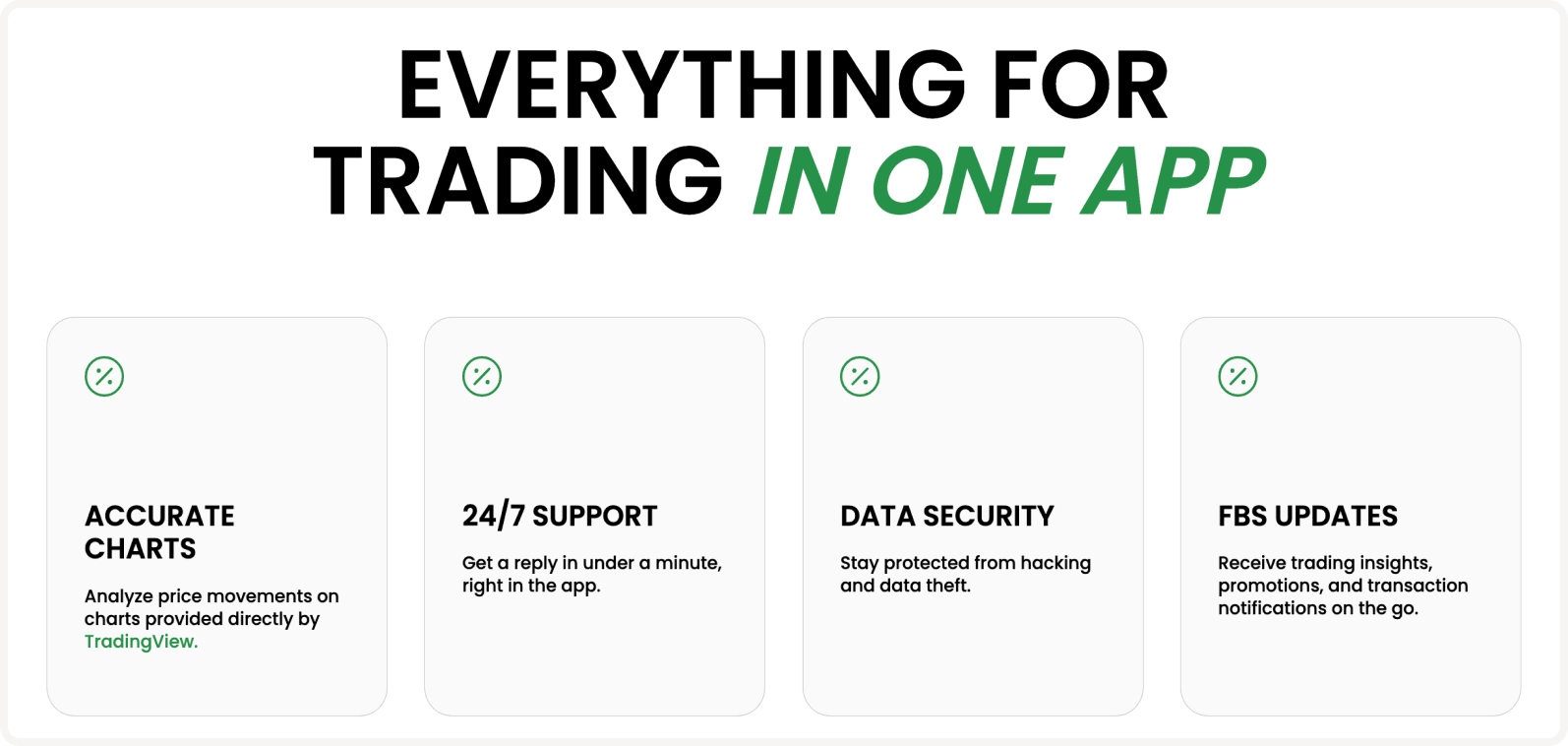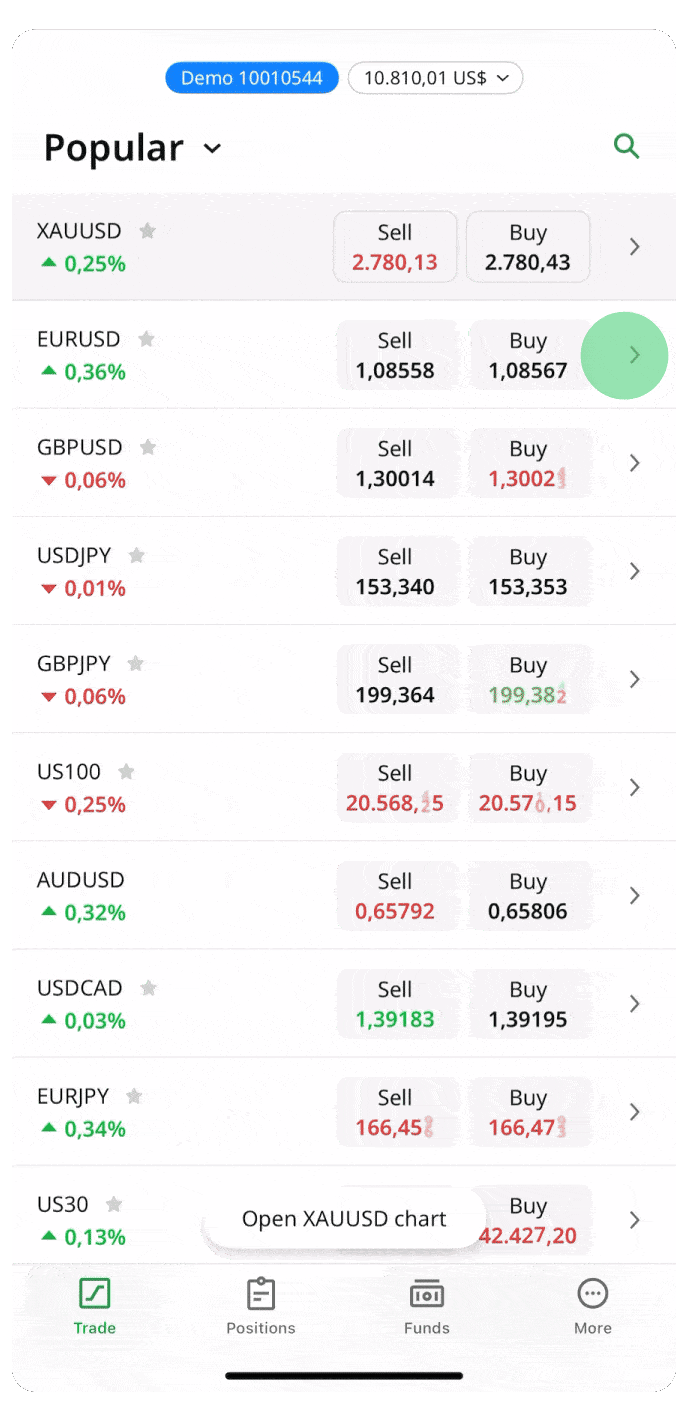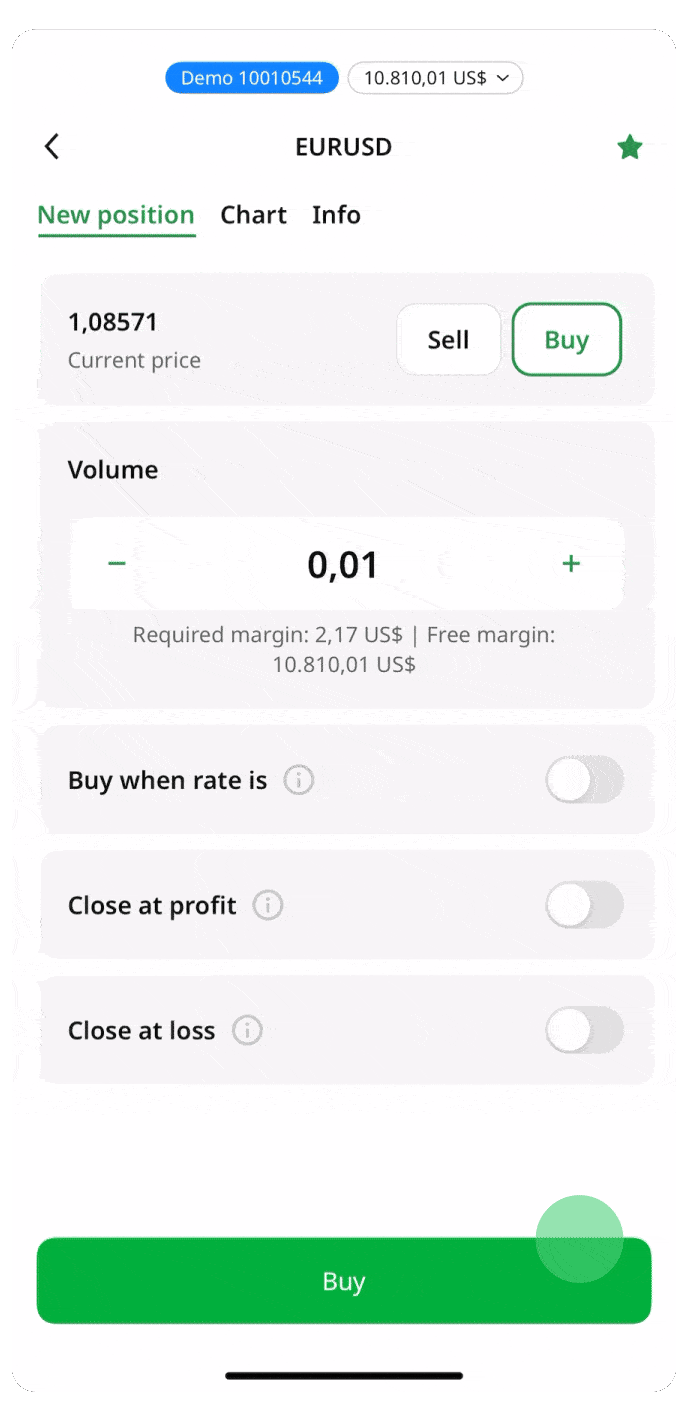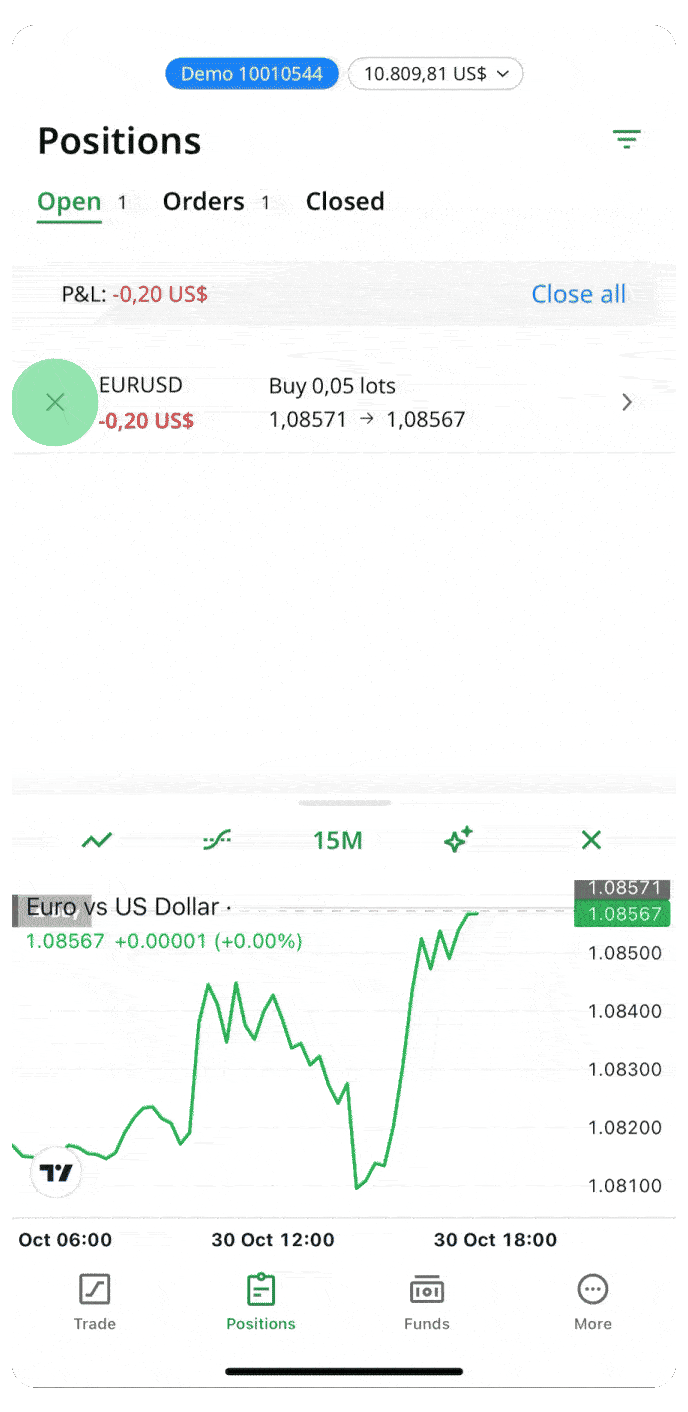Seems like you are interested in becoming a trader. We are happy to see that! In this lesson, you will learn how to trade on a demo account without risking your money, and much more.
Online trading is a fascinating journey. Just like in any other business, you need a trusted partner to travel with, and a reliable vehicle to travel in. In the journey of trading, a broker is both.
How to choose a broker
A broker connects you to the market. Without them, you wouldn’t be able to trade. They ensure your trades happen securely, handle your funds, and give you access to all the tools you’ll need.
But not just any broker will do. Your choice matters.
Here’s a checklist for choosing a broker:
-
Check reviews on trusted sites
-
Look up the broker on review sites like Trustpilot. Focus on recent reviews to get a clear picture of the broker's reputation from other traders.
-
Read reviews specifically about deposit and withdrawal processes. Choose a broker with a record of timely and hassle-free transactions.
-
Verify the security of funds and data
-
Look for evidence of licenses (e.g. FSC) on the broker’s website. Reputable brokers display their licensing information clearly, often on the homepage. You want your money to be secure, and to trade without unnecessary concerns.
-
Confirm easy access to trading
-
Ensure the broker offers a simple registration process and clear, easy-to-understand terms and conditions. You should be able to start quickly, without complex paperwork. To do that, try creating an account with a broker you like.
Of course, it’s easiest to pick the first broker you see in Google search. But take the time to do some research about the company and be confident about your choice. You want to be safe about the organization that will take care of your personal information and money.
FBS offers our traders excellent trading conditions, ensures the security of data and funds, provides valuable content by experts, and empowers them with convenient tools, including a user-friendly mobile app that covers all your trading needs.
But don’t just take our word for it—read reviews by other traders.
How to start trading
Once you’ve chosen your broker, it’s time to try trading. We can spend hours explaining theory, but practice makes perfect.
There are several steps you can take to try trading on a demo account without risking your money:
-
Choose a broker. This is the most time-consuming part because you need to choose carefully. Below are the rest of the steps to start trading with the FBS broker; others may have a longer time for each step.
-
Download the app: <1 minute.
-
Create an account: 1–2 minutes.
-
Open a trade (you don’t risk anything if you use a demo account): <1 minute.
Creating an account is simple—just follow the steps in the FBS app. In minutes, you’ll have access to everything you need to start your trading journey. If you have not installed the app yet, you may want to download it now.
A trading account lets you log in to trading platforms and control your funds. With FBS, an account is created automatically, but you can change its settings later for more comfort.
A trading platform is software that displays the market situations for various trading instruments (assets) in real time, supports technical indicators, and allows you to open and close positions. It’s similar to a marketplace where you can buy or sell CFDs.
FBS offers traders a convenient app that covers all their needs right on a mobile device:
-
Convenient funds management from deposit to withdrawal
-
Powerful in-app trading with customizable charts
-
Valuable content and extra help from our market experts so you stay in touch with the most important market movements.

Install the app on your Android or iOS device. Then open the app and create an account in a minute.
Install the appInstall the app
If you are more of a desktop trader, you can use a special trading platform MetaTrader 5. It’s not as easy to learn as the FBS app (see the screenshot below), so it’s better to start with the phone app. From a desktop, you can also trade in your browser without downloading and installing the software.
This is MetaTrader 5. It doesn’t look very intuitive, right?

How to open your first trade
You’ve got your app, and your account is set up. What now?
You’re ready to place your first trade. But here’s the thing: don’t risk real money yet. We’ll start with a demo account, where you’ll use virtual funds to practice and gain confidence.
A demo account is an account where you can trade with virtual funds. It’s like learning to drive before you go on real roads.
It receives real-time market data, so your trading will be identical to using real money. Once you are familiar with the basic operations and can confidently open and close trades on any trading platform you like, you can confidently move to trading with real money.
Open a demo account
Action: Open the FBS app, go to the Trade tab, and choose a currency pair (start with EURUSD). Check that you are in a demo account (click on your account number at the top of the screen to choose a demo account). Hit Buy or Sell.

You will see the New position folder, where you can edit the trade volume and set up the rest of the trade. We won’t go deep into every feature in this lesson so you can focus on the most important things for now.
Choose any trade volume you like and tap Buy or Sell at the bottom of the screen.

The trade has been opened! Now, you will see the change in your PnL (profits and losses) according to the movements on the chart. The higher your PnL, the more profit you get when you close the trade.
|
Action
|
Price Movement
|
Effect on PnL
|
Outcome
|
|
Press “Buy”
|
Price rises
|
PnL increases
|
You’re making a profit
|
|
Press “Buy”
|
Price falls
|
PnL decreases
|
You’re experiencing a loss
|
|
Press “Sell”
|
Price rises
|
PnL decreases
|
You’re experiencing a loss
|
|
Press “Sell”
|
Price falls
|
PnL increases
|
You’re making a profit
|
Sadly, we just opened a very poor trade. We didn’t analyze the chart, or the news before making a decision. Let’s close it and learn how to forecast the price before trying again. This unique and valuable information will be waiting for you after you complete the task at the end of this lesson.

Homework
Here’s what you need to do:
-
Open the FBS app, pick a currency pair like EURUSD, and make a couple of trades. This will help you understand how the platform works.
-
Track your trades in the Positions tab. Watch the price move and see how your profits or losses change.
-
Close all trades using the Close all button. You’ll get the hang of managing your trades in no time.
Once you’ve done this, we’ll dive into making real decisions and understanding how to predict the market. The next lesson will show you the strategies real traders use to make profits.




